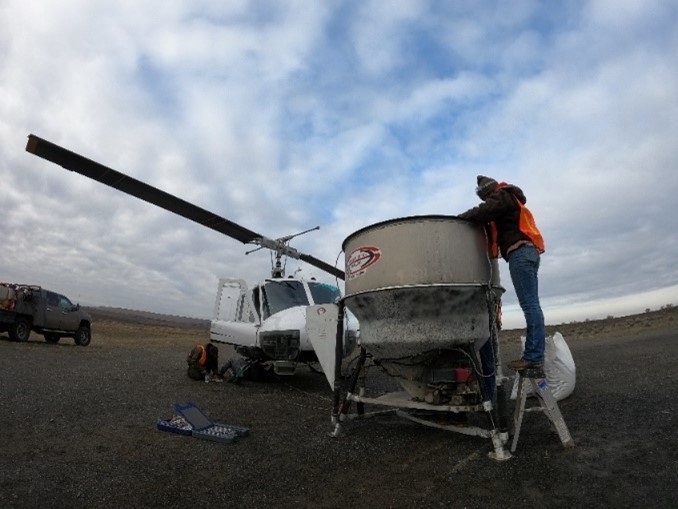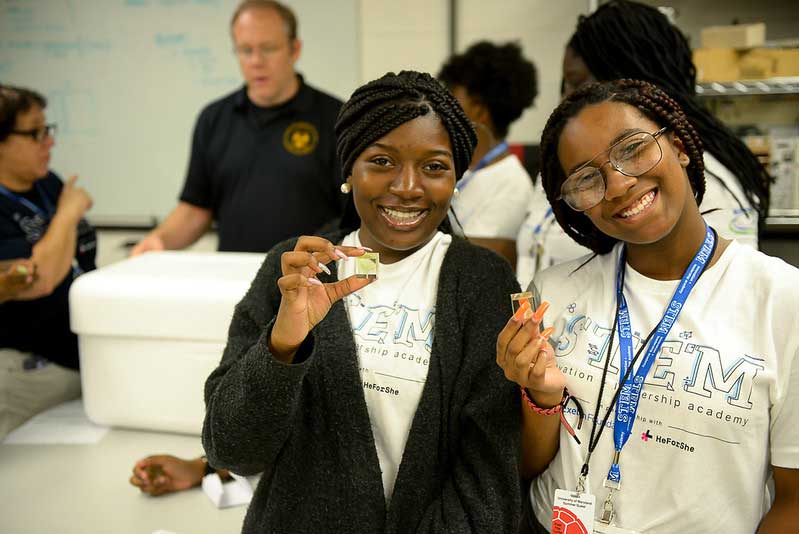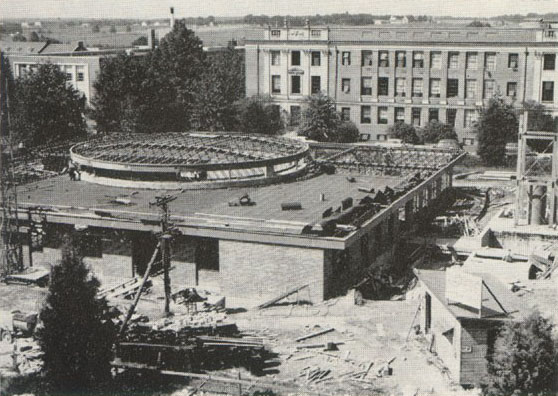
An early picture of the research reactor building on the North Carolina State University campus. The Department of Nuclear Engineering is celebrating the 70th anniversary of its nuclear engineering curriculum in 2020–2021. Photo: North Carolina State University
The Department of Nuclear Engineering at North Carolina State University has spent the 2020–2021 academic year celebrating the 70th anniversary of its becoming the first U.S. university to establish a nuclear engineering curriculum. It started in 1950, when Clifford Beck, then of Oak Ridge, Tenn., obtained support from NC State’s dean of engineering, Harold Lampe, to build the nation’s first university nuclear reactor and, in conjunction, establish an educational curriculum dedicated to nuclear engineering.
The department, host to the 2021 ANS Virtual Student Conference, scheduled for April 8–10, now features 23 tenure/tenure-track faculty and three research faculty members. “What a journey for the first nuclear engineering curriculum in the nation,” said Kostadin Ivanov, professor and department head.
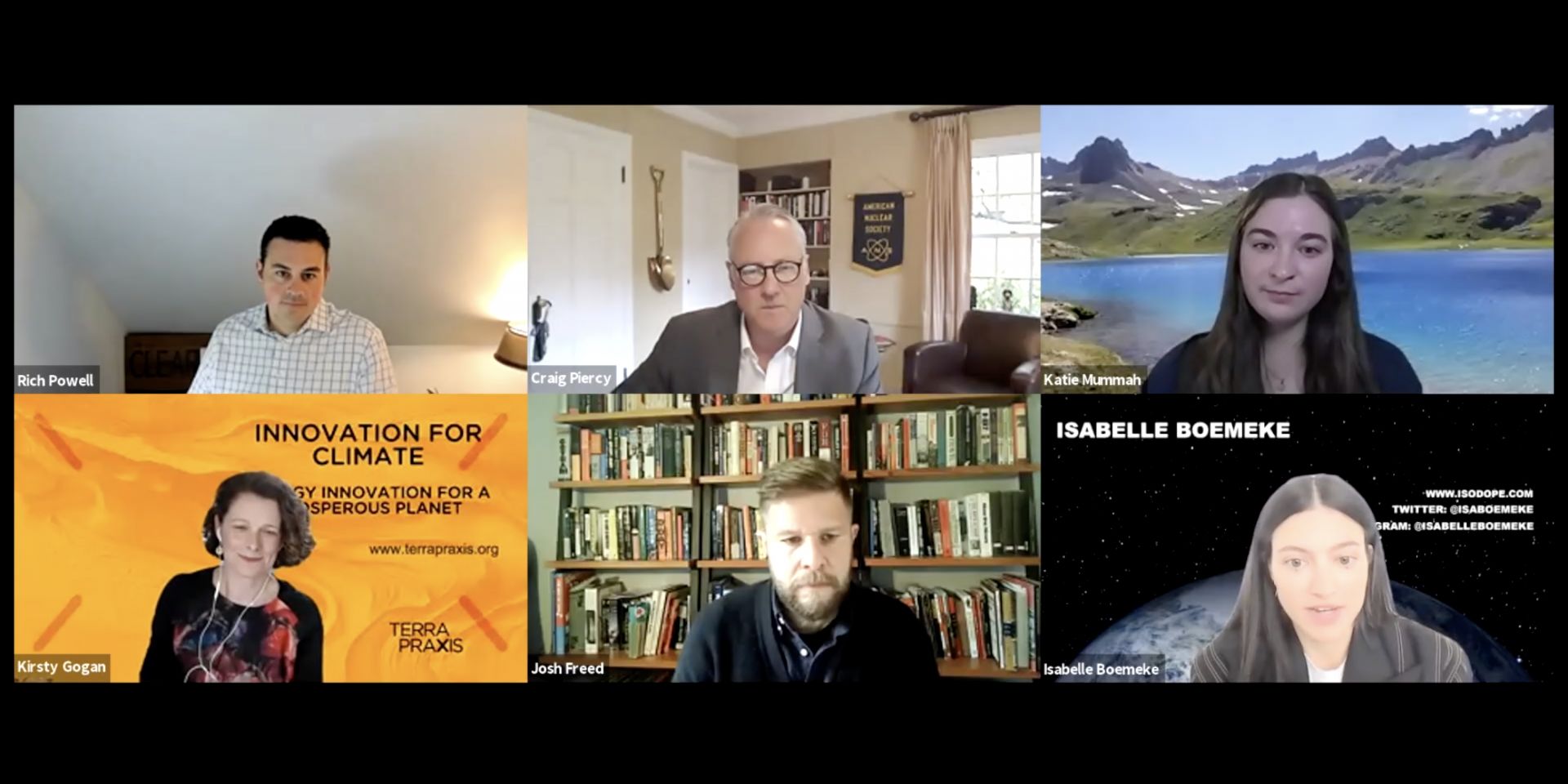


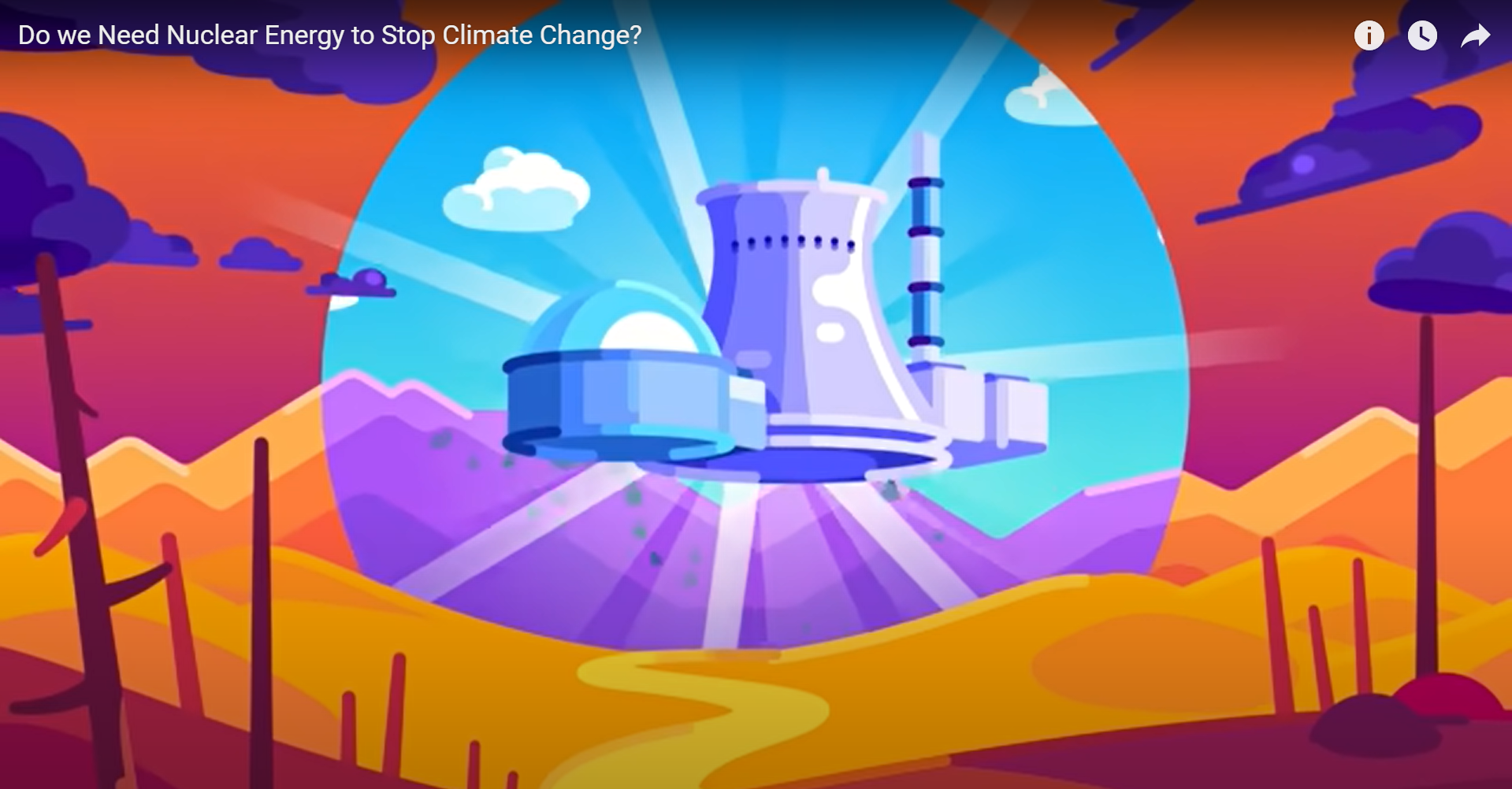

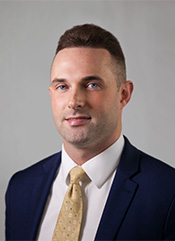
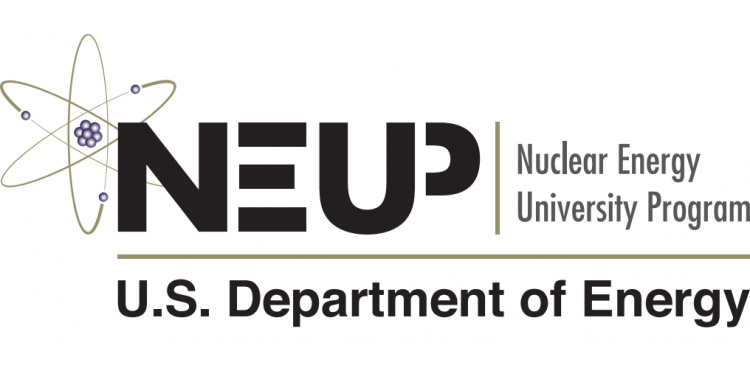
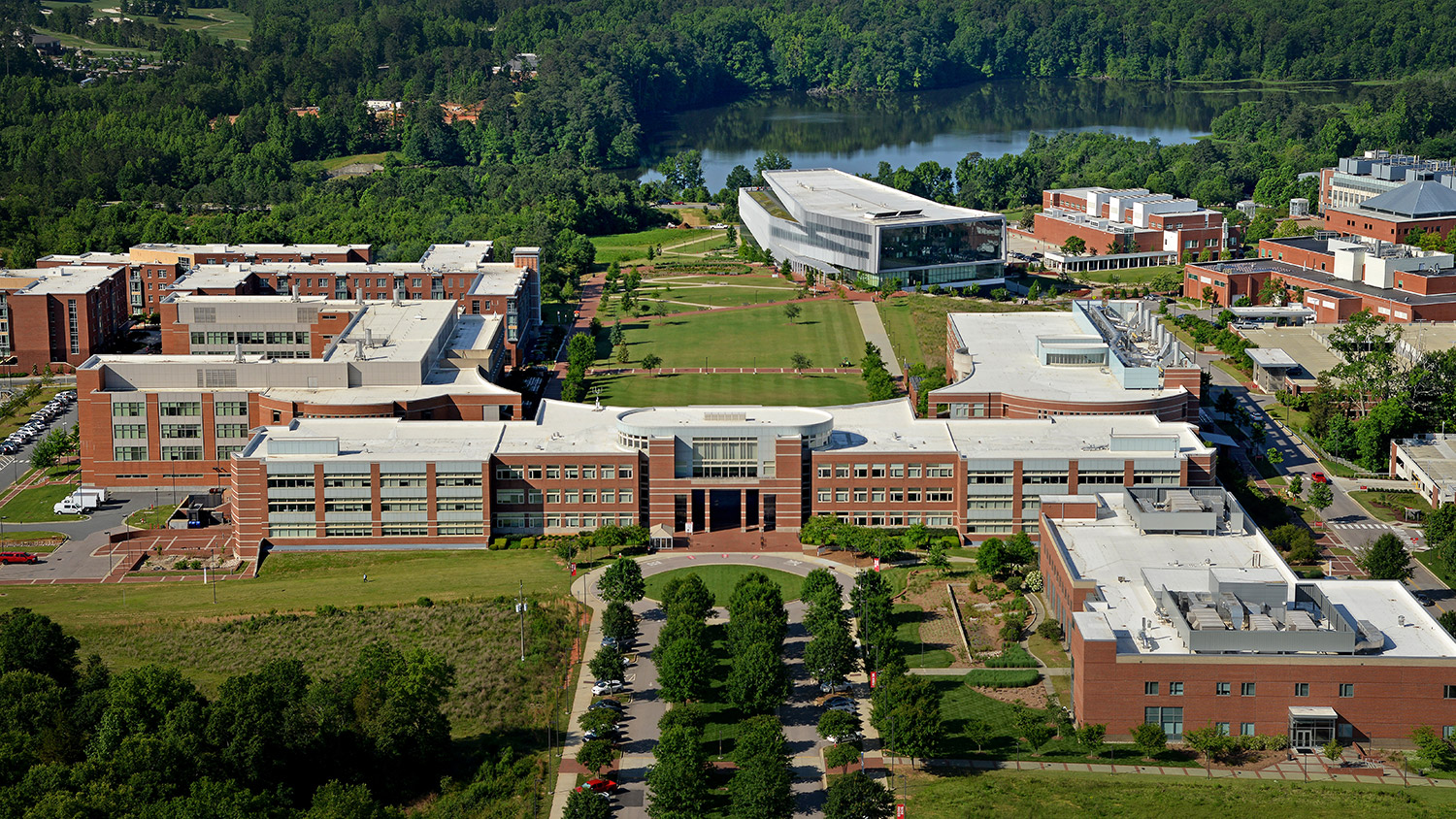

 COVID-19 has touched our lives in many ways, affecting work, school, and homelife. The Diversity and Inclusion in ANS Committee is holding a free webinar, "Coping with COVID: The Pandemic and the Nuclear Community," on Tuesday, March 23, from 1:00 p.m. to 2:30 p.m. (EDT).
COVID-19 has touched our lives in many ways, affecting work, school, and homelife. The Diversity and Inclusion in ANS Committee is holding a free webinar, "Coping with COVID: The Pandemic and the Nuclear Community," on Tuesday, March 23, from 1:00 p.m. to 2:30 p.m. (EDT).
